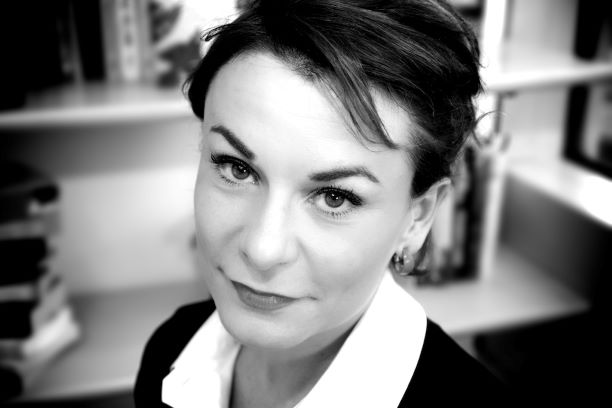Acclaimed author, experienced editor and mentor Natalie Young, on what writers entering enter into a mentoring program should expect from the process.

A successful mentoring experience begins with trust. When I read a piece of work for the first time – even just the opening pages – I will know quite quickly if the tools I have as a mentor are going to be the right ones for this particular project.
Partly it’s to do with knowing whether or not the writing is really alive – really there – on the page and then working out what might need attention. It’s nearly always to do with structure or the tension that comes from a protagonist wanting something and also the internal and external conflict that drives a really good story. It's also a question of style, but I will know whether I can do a good job on something and then I will let the writer know.
We meet to discuss the project, to find out a little more about each other, and assess, really, whether the relationship is going to work. We’ll ask each other questions, and brainstorm ideas about character and plot. This part is more intuitive, and the writer should know at the end of this meeting whether she/he can trust the mentor to deliver the editorial guidance they’re looking for and provide the support to facilitate some kind of shift in the writer’s process.
There’s a contract we have to build together. The writer promises to look at their life and work out how much writing time they can find and they promise to ring-fence that and make it the most important part of the day. They agree to show up for the writing, at this time and turn off all distractions and give it their all. They commit to spending this time on the work and not on other things.
My promise to those I have mentored has been to meet them where they are as a writer and take the writing as it is, then to bring all that I know about what makes a project really come alive, gently encouraging the writer to be brave and have fun with the work, learning what it means to ‘kill off the darlings’ and go deeper inside the self to pull out the stuff that makes the writing unique.
The single most important thing a mentor should bring is integrity: to be someone who wants to deliver on a project and do a good job. Closely behind this, though, a mentor should have a good ear, a capacity for listening to who the writer is in the emerging story, and a sensitivity to the strengths and weaknesses. Very clearly, these things need to be pointed out. It’s really important that the writer has learned how to take feedback, both the good and the bad. Many sign up for mentoring without realising how difficult it can be to have the feedback.
Writers are all a little bit sensitive – we know this – and often the work feels very private and personal and raw, but still they’ll need to be big enough and brave enough to let that narcissism take a hit. They can also say, no, I’m not sure I agree with this. And we discuss why and how else we might be able to approach the problem and get round it.
I’ve observed over several years as a mentor that many writers arrive at the process wanting to know how to make what they’ve got – whether that’s a full length manuscript in its seventh draft or a single short story or the germ of an idea for a pacy thriller – into something that an agent or publisher will want to take on, when, in fact, what they end up discovering is that the finding of their own voice is so much more important. The deeper they go with that, the more they come to know who they are, what they really love and/or worry about, and the closer they come to producing that unique thing every agent and publisher is looking for.
This is a process that – as the poet Cavafy wrote in his poem Ithaca – can last a lifetime. But we must take what we can from books and mentors and courses and our peers, and finding someone willing and able to steer us towards the changes that begin to make a real difference to the writing is invaluable.
Natalie Young is an experienced editor and literary consultant working with authors on a range of genres and subjects, both fiction and non-fiction. Formerly a journalist with The Times and an Arts editor for Prospect magazine, Natalie left journalism to focus on creative writing with the success of her second novel Season To Taste in 2014. Since then she has worked as a freelance editor, mentor, and consultant. She has given talks and worked on retreats and is passionate about helping authors to trust their own process and explore ways of finding their own voice. She is currently working on her third novel, supported by grants from Arts Council England and The Royal Literary fund while also working with a screenwriter to adapt Season to Taste for screen. Whatever stage you are at with your writing, Natalie is happy to help.
Natalie Young has joined the team of editors working across Writers' & Artists' editing services, including Bespoke Mentoring. Email writersandartists@bloomsbury.com to request being paired with a specific editor, or to discuss payment plan options.
Comments